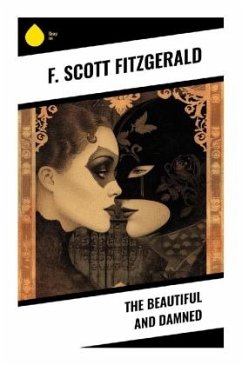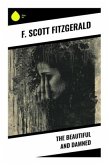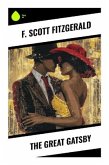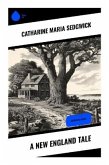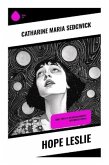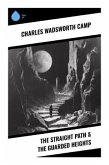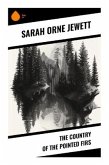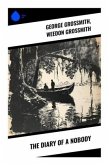F. Scott Fitzgerald's "The Beautiful and Damned" presents a poignant exploration of the disillusionment and decadence of the Jazz Age, as the tale follows the lives of Anthony Patch and his wife, Gloria, two members of the elite social class whose extravagant lifestyle unravels under the weight of ambition and moral decay. Written in Fitzgerald's signature lyrical prose, the novel is steeped in rich symbolism and intricate characterizations, reflecting the anxieties of a post-war America while critiquing the superficiality of wealth and status. The narrative captures the vibrant zeitgeist yet simultaneously foreshadows the inevitable downfall that accompanies a life devoid of purpose and genuine connection. Fitzgerald, a leading voice of the 1920s, was deeply influenced by his own experiences with wealth, love, and societal expectations. His tumultuous relationship with Zelda Sayre and struggles for recognition in an era of rampant consumerism informed his portrayal of characterscaught between ambition and moral compromise. Fitzgerald's acute insights into human desires and failures unveil the fragility of the American Dream. "The Beautiful and Damned" is a must-read for those interested in the complexities of human nature and the societal critiques that resonate even today. Fitzgerald's masterful storytelling invites readers to reflect on the allure of beauty and wealth versus the authenticity of human experience-an enduring theme that extends beyond the confines of its era.
Bitte wählen Sie Ihr Anliegen aus.
Rechnungen
Retourenschein anfordern
Bestellstatus
Storno

